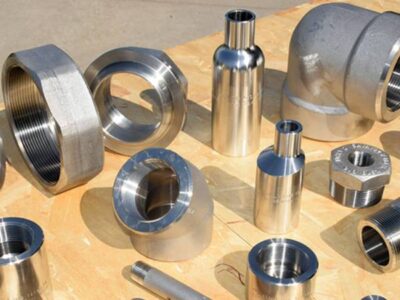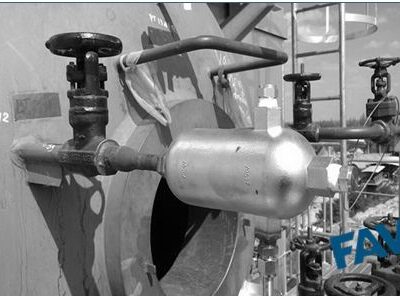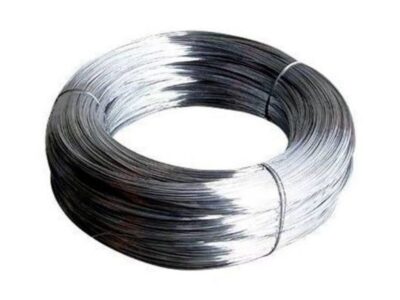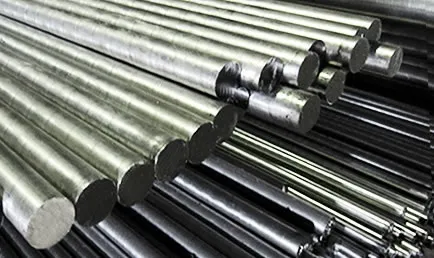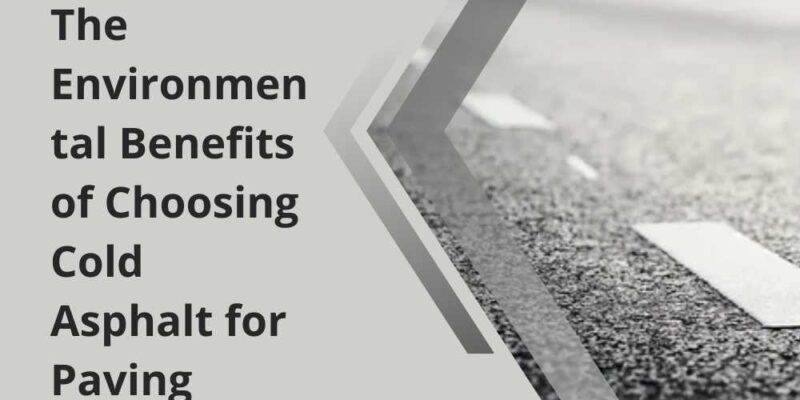
Paving roads and surfaces is a common practice in urban and rural areas alike. However, the materials used for this purpose can have significant environmental impacts. Traditional hot asphalt, while durable and effective, requires high temperatures for production, leading to energy consumption and emissions. In contrast, cold asphalt offers a more environmentally friendly alternative. In this article, we’ll explore the environmental benefits of choosing cold asphalt for paving, focusing on its reduced carbon footprint, energy efficiency, and recyclability.
Understanding Cold Asphalt
Cold asphalt, also known as cold mix or cold patch, is a type of asphalt mixture designed to be used at ambient temperatures. Unlike hot asphalt, which requires heating to high temperatures for mixing and application, cold asphalt can be used directly from the bag or bucket, making it more convenient and energy-efficient. Cold asphalt typically consists of bitumen, aggregates, and additives, which are mixed at room temperature to form a workable mixture.
Reduced Carbon Footprint
One of the primary environmental benefits of cold asphalt is its significantly reduced carbon footprint compared to hot asphalt. The production of hot asphalt involves heating bitumen to temperatures exceeding 300 degrees Fahrenheit, requiring substantial amounts of energy and emitting greenhouse gases such as carbon dioxide. In contrast, cold asphalt production requires minimal energy input since it can be manufactured and stored at ambient temperatures. By choosing cold asphalt for paving projects, companies can reduce their carbon emissions and contribute to mitigating climate change.
Energy Efficiency
In addition to reducing carbon emissions, cold asphalt offers significant energy savings compared to hot asphalt. The process of heating bitumen to high temperatures consumes large amounts of energy, primarily derived from fossil fuels. This energy-intensive process contributes to air pollution and resource depletion. Cold asphalt production, on the other hand, requires minimal energy input, resulting in lower overall energy consumption. By adopting cold asphalt technology, paving companies can improve their energy efficiency and reduce their dependence on non-renewable energy sources.
Recyclability
Another environmental benefit of cold asphalt is its recyclability. Traditional hot asphalt tends to degrade over time, leading to the accumulation of asphalt waste in landfills. In contrast, cold asphalt can be easily recycled and reused, minimizing waste generation and conserving natural resources. Cold asphalt mixtures can be reclaimed from old pavements, rejuvenated with additives, and reused in new paving projects. This closed-loop recycling process helps to reduce the demand for virgin materials and extends the lifespan of existing infrastructure.
Case Study: The Environmental Impact of Bituroll Cold Asphalt
As an example of the environmental benefits of cold asphalt, let’s examine the case of Bituroll, a leading manufacturer of cold asphalt products. Bituroll’s cold asphalt formulations are designed to provide superior performance while minimizing environmental impact. By using Bituroll cold asphalt for paving projects, municipalities and contractors can achieve significant reductions in carbon emissions, energy consumption, and waste generation.
Carbon Emissions Reduction
Bituroll’s cold asphalt products are manufactured using innovative production techniques that require minimal energy input. By eliminating the need for heating bitumen to high temperatures, Bituroll reduces carbon emissions associated with asphalt production. Additionally, Bituroll’s cold asphalt mixtures are formulated to optimize performance and durability, reducing the need for frequent repairs and resurfacing. This results in further carbon emissions savings over the lifecycle of the pavement.
Energy Savings
Bituroll’s cold asphalt technology offers substantial energy savings compared to traditional hot asphalt. By eliminating the need for heating aggregates and bitumen, Bituroll reduces energy consumption during production and application. Additionally, Bituroll cold asphalt requires less fuel for transportation and installation, further reducing its overall energy footprint. By choosing Bituroll cold asphalt for paving projects, municipalities and contractors can achieve significant cost savings while minimizing their environmental impact.
Waste Reduction
Bituroll’s commitment to sustainability extends to its approach to waste management. Unlike traditional hot asphalt, which generates significant waste during production and application, Bituroll cold asphalt minimizes waste generation through its recyclability. Bituroll cold asphalt mixtures can be reclaimed from old pavements, rejuvenated with additives, and reused in new paving projects. This closed-loop recycling process helps to conserve natural resources and reduce the environmental impact of pavement construction and maintenance.
Conclusion
In conclusion, choosing cold asphalt for paving projects offers significant environmental benefits compared to traditional hot asphalt. Cold asphalt production requires minimal energy input, resulting in reduced carbon emissions and energy consumption. Additionally, cold asphalt is recyclable, allowing for the reuse of materials and minimizing waste generation. Companies like Bituroll are leading the way in developing innovative cold asphalt technologies that offer superior performance while minimizing environmental impact. By adopting cold asphalt for paving projects, municipalities and contractors can contribute to a more sustainable future while achieving cost savings and improved pavement performance.
Note :- For more insightful articles related to this topic, feel free to visit emperiortech.com.
